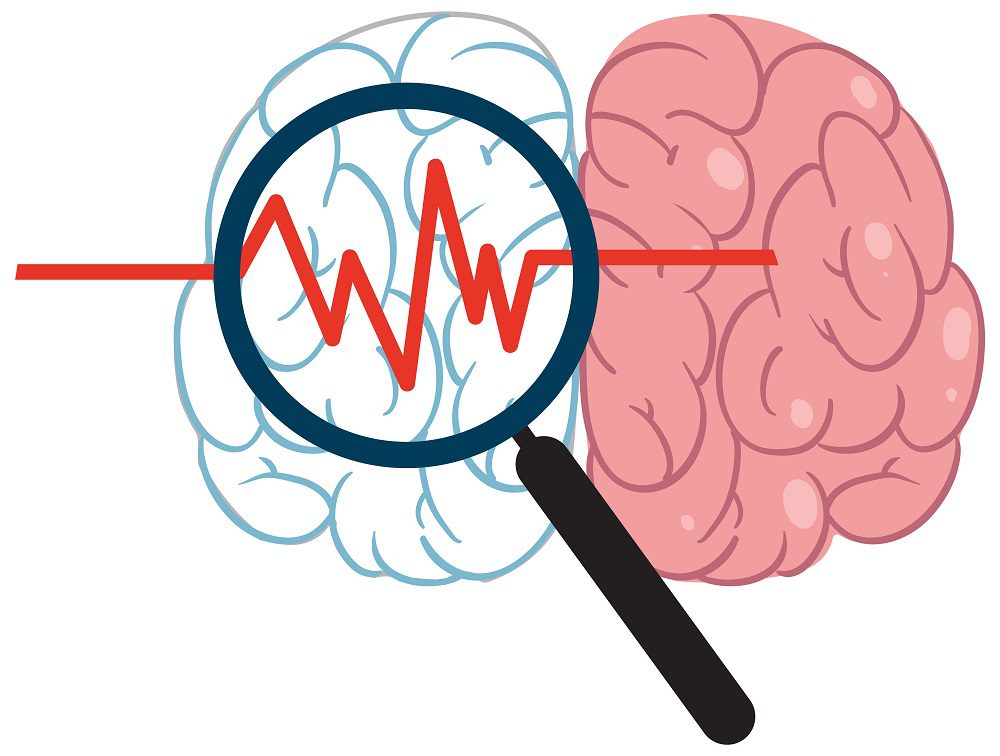Autoimmune neuroinflammatory diseases are a group of disorders resulting from abnormal immune responses in the nervous system, causing inflammation and tissue damage. The interleukin (IL) family of cytokines, especially IL-1, IL-6, and IL-17, plays a critical role in the pathogenesis of these diseases. IL-1 is involved in the activation of immune cells, production of pro-inflammatory cytokines, and promotion of blood-brain barrier breakdown. IL-6 is essential for the differentiation of T cells into Th17 cells and has been implicated in the initiation and progression of neuroinflammation.
IL-17 is a potent pro-inflammatory cytokine produced by Th17 cells that plays a crucial role in recruiting immune cells to sites of inflammation. This review summarizes the current understanding of the roles of different interleukins in autoimmune neuroinflammatory diseases, including multiple sclerosis, amyotrophic lateral sclerosis, Alzheimer’s disease, neuromyelitis optica, and autoimmune encephalitis, and discusses the potential of targeting ILs as a therapeutic strategy against these diseases.















